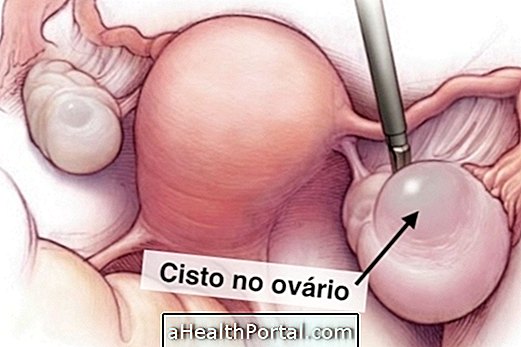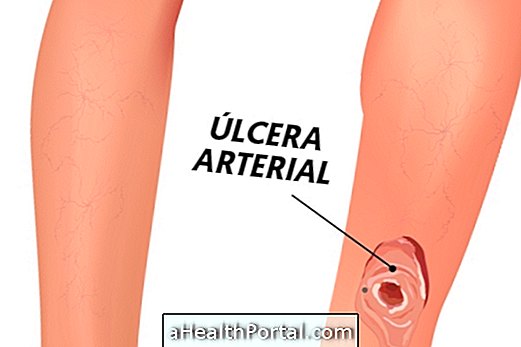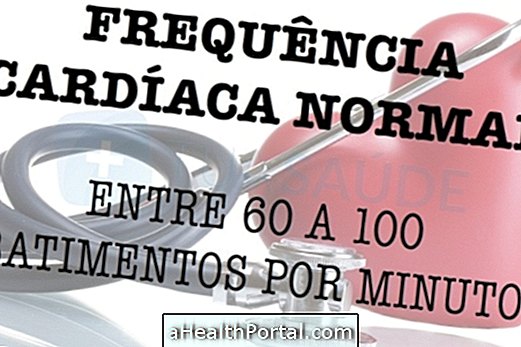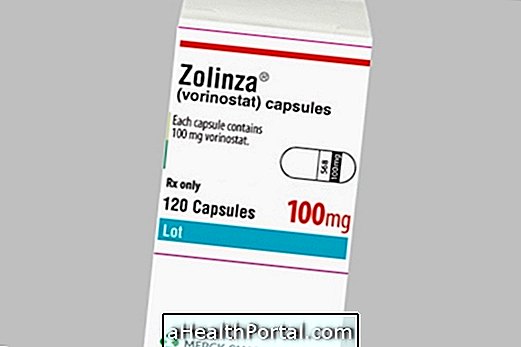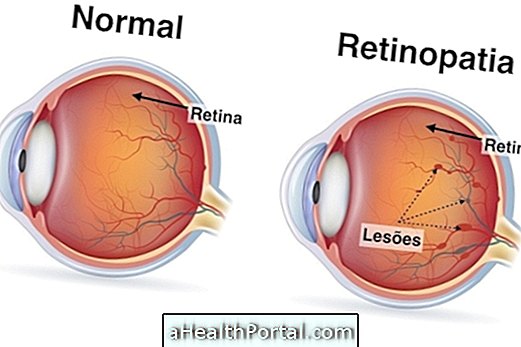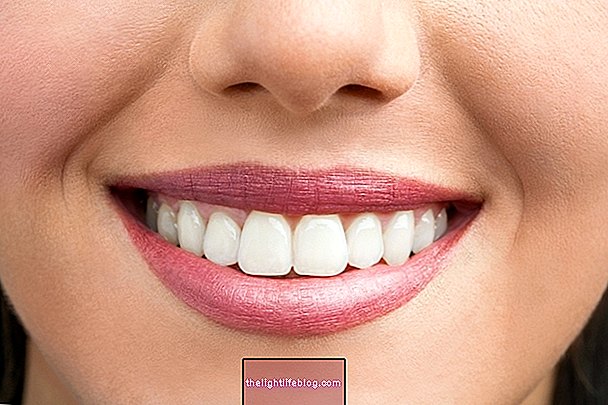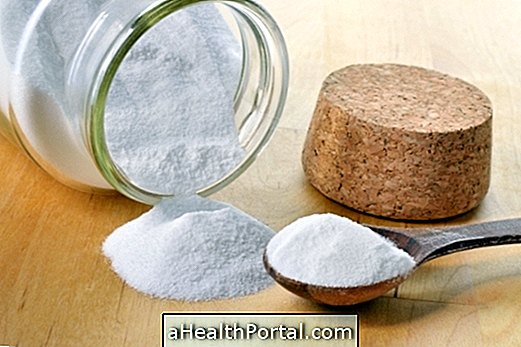To produce vitamin D safely, you should sunbathe for at least 15 minutes a day, without using sunscreen. For brown or black skin, this time should be from 45 minutes to 1 hour per day, because the darker the skin, the more difficult is the production of vitamin D.
Vitamin D produced in the skin is the main source of this vitamin for the body, because foods rich in vitamin D, such as fish and liver, do not provide the required daily amount of this nutrient. Find out in what foods you can find vitamin D.

Best time to sunbathe
The best time to sunbathe is when the body's shadow is less than the height itself, because the position of the sun also influences the production of vitamin D. This usually happens after 10am in the morning and before 16:30 in the evening, but prolonged exposure to the sun should be avoided during the hottest times of the day, between noon and 3 pm.
To properly produce vitamin D, you need to sun for at least 15 minutes for light skin and 45 minutes for 1 hour for dark skins. Sunbathing should be done outdoors, with as much exposed, barrier-free skin as car windows or sunscreen, so UVB rays directly target as much skin as possible.
Babies and seniors also need to sunbathe daily to prevent deficiencies in vitamin D, however, special care should be taken with the elderly, as they need at least 20 minutes in the sun to produce adequate amounts of this vitamin.
What happens if you have vitamin D deficiency
The main consequences of vitamin D deficiency are:
- Weakening of bones;
- Osteoporosis in adults and the elderly;
- Osteomalacia in children;
- Muscle pain and weakness;
- Decreased calcium and phosphorus in the blood;
The diagnosis of vitamin D deficiency is made through a blood test called 25 (OH) D, where normal values are greater than 30 ng / ml. Learn what can lead to vitamin D deficiency.
